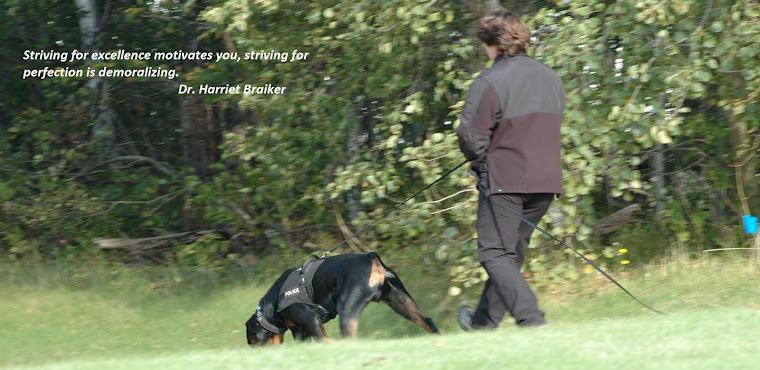Sometimes I dont feel all that much smarter than when I was 6 years old....
someone was also kind enough to point out that I also have the same haircut....
someone was also kind enough to point out that I also have the same haircut....
Recently I had a miscommunication with a person in which they left me feeling like I had been accused of doing something wrong even though I knew I had not ('cause I have written proof but that is besides the point). That sort of thing, no matter how careful we are, happens to all of us from time to time and I am sure we can all quickly come up with the name of at least one person with whom it happens more often than not.
Anyway....the point (other than therapeutic venting) is that at least for me that feeling of being treated like I had done something wrong and having no clue what it is or, in this case, knowing that I did nothing wrong is a pretty miserable and highly stressful feeling. It leaves me both annoyed and slightly nauseated - I feel that way right now in fact writing about it. Who wants to be around a person who creates that feeling? So, because all things relate to dog training somehow, it got me to thinking about how much potential there is to create that feeling in our dogs during training. You can call me "handler sensitive" maybe but I am pretty sure the least handler sensitive of my dogs has a desire to please me that is much higher than my desire to please the person whom I refer to above! I was following a recent facebook discussion about using pain compliance to create behaviors in dog training, such as a forced retrieve, and a lot of people insist that they only use corrections when the dog knows the exercise. While I cannot say that I never correct my dogs it made me wonder how certain can we be that the dog knows the exercise in a specific circumstance. Or are we getting the behavior at the expense of the connection between handler and dog? While it might get results in a highly patterned or ritualized behavior, I think, like with people, the potential for break down is there is you ask the dog to "think outside the box" or go the extra mile.
I came across this quote in a horse managazine but like how it applies to dog training:
"Every interaction is training in the sense that every interaction teaches the horse something about the person who is handling or riding it. But education is a two way street. If we pay attention, every single interaction we have with our horses will teach us something, too. Horsemen around the world share certain qualities; a willingness to listen to their horses, a willingness to look at the world around them and ask questions, and above all, a willingness to give their horses the benefit of the doubt at all times."
Author Jessica Jahiel in her book "The Horse Training Problem Solver"


No comments:
Post a Comment